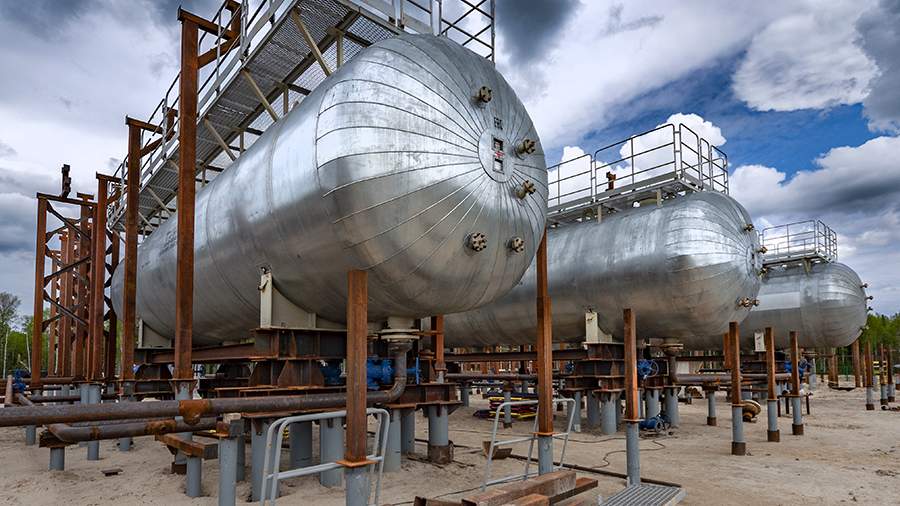Oil workers ask for tax breaks for "difficult" oil

The ASSONEFT Association has sent its proposals on measures to support independent oil and gas companies (NOC), which include 16 points, to the interdepartmental working group under the Ministry of Energy (the document is available to Izvestia).
In particular, businessmen propose to legislate the concept of "TrIZ" and the criteria of deposits that relate to them and introduce a separate type of taxation for TrIZ, using the example of the additional income tax or reducing coefficients for the tax on the extraction of these minerals (MET) and mineral extraction tax. In addition, the association considers it necessary to amend Article 425 of the Tax Code by setting reduced insurance premium rates for companies engaged in the development and production of hydrocarbons in fields with hard-to-recover reserves.
According to Elena Korzun, CEO of ASSONEFT, legislation needs to be adjusted so that it flexibly reacts to changes in the mineral resource base, allows the Russian oil industry to maintain profitability, reliably supply the economy with hydrocarbon raw materials in the long term, maintain competitiveness and maintain a share in the global market.
Today, according to the Federal State Budgetary Institution "State Commission on Mineral Reserves", hard—to-recover reserves account for 52% (16.1 billion tons of oil) of the total Russian reserves, while the share of TrIZ in the production structure is 32%.
The press service of the Ministry of Natural Resources and Environment told Izvestia that the agency "together with companies engaged in the extraction of hydrocarbons is developing a more detailed classification of TrIZ, which can become the basis for developing incentive measures for the development of technologies for the extraction of hard-to-recover reserves."
"All proposals are being considered, including the initiatives of Assoneft," the ministry noted.
The Ministry of Energy, in turn, stressed that today there are three main areas of support for the development of TrIZ: economic incentives for exploration (search technologies), the introduction of new more efficient technologies for the development of "difficult" deposits and tax preferences for the development of such reserves.
Tamara Safonova, General Director of the Independent Analytical Agency for the Oil and Gas Sector (NAANS-Media), recalled that according to the inertial scenario of Russia's Energy strategy, oil production without significant investments and maintaining current trends and trends could decrease from 516 million tons to 360 million tons by 2050.
Read more in the exclusive Izvestia article:
Переведено сервисом «Яндекс Переводчик»

